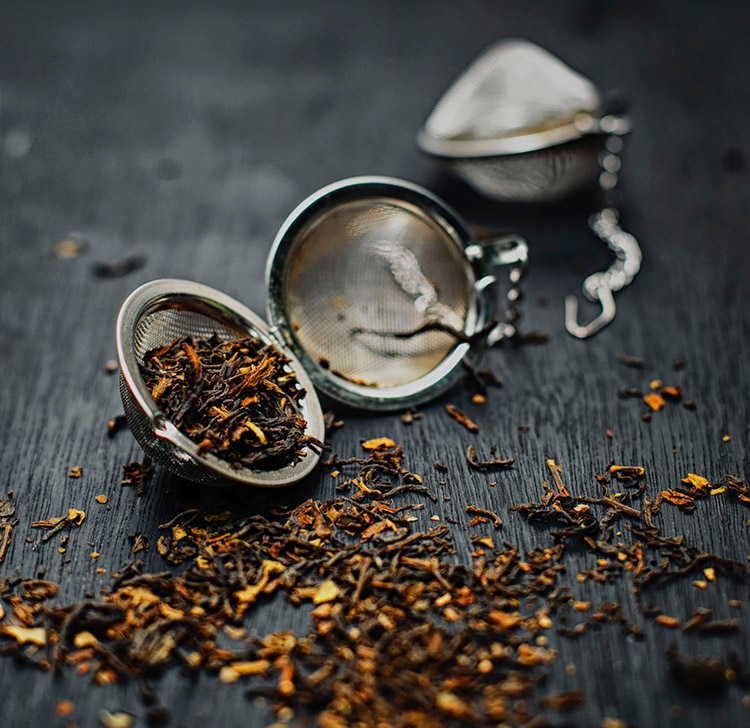Cash is King or Cash is Trash?

Related links
No related links
Ray Dalio, founder of Bridgewater Associates, proclaimed in January this year that “Cash is Trash”. He reiterated this sentiment in April warning investors to be conscious of the dangers of cash, that it is seductive because of its low volatility, but is almost always the worst investment.
On the other hand, the famous Warren Buffet recently said, “I will never risk getting caught short of cash”. Buffet believes it is the most important asset to reducing risk and being prepared for times of crisis, and for opportunities. We often hear the term “Cash is King” and Buffet is one of the biggest supporters of this statement.
Two opposing philosophies from two equally successful individuals. The world of investing is difficult enough to navigate, without contradicting theories making it tougher. So, which is it?
The first step is to understand the role of cash.
Cash is an extremely safe and liquid asset to hold, with the aim of achieving a competitive rate of interest while being available at short notice. Cash plays a few important roles for most individuals. It provides a safe parking place for money in between longer-term decisions and it is also used as a building block in investment portfolios by providing liquidity, shielding from losses when markets slide and giving some reserve for when there are opportunities in the market. Cash also plays the all-important role of an emergency savings buffer. Having adequate emergency savings is more important than investing money, because when times are tough and you need cash, without this buffer you'll likely be selling out your investments at the worst possible time and locking in the losses.
The second step is to understand the various options of how to hold cash.
Call accounts (investment or savings accounts) provide lower yields and are fully liquid, making your cash easily accessible. Fixed deposits provide better yields than call accounts, however you need to wait for the term to end or pay an early termination fee to access it. CIS (collective investment schemes) such as money market funds are plausibly the most efficient way to hold cash. These funds are professionally managed in a highly regulated environment, giving investors diversification of credit risk among the top SA banks, high levels of liquidity with access like call accounts (generally same day) and due to their scale, offer yields equivalent to fixed deposits.
The term “Cash is king” refers to the advantages of having a large amount of cash available either due to falling financial markets, or due to the availability of investment opportunities. However, holding cash for the long term is often seen to be undesirable, unacceptable even, with naysayers such as Dalio quoting “Cash is Trash”, backed by some very relevant facts when comparing the long term returns cash yields in comparison to other asset classes.
In the investment industry there are (broadly) four main asset classes; cash, bonds, property and equities. Each of these have varying degrees of risk and potential for delivering returns.
• Cash (either currency or short-term deposits) is a low risk option, generating consistent positive returns.
• Bonds are a low to medium risk investment, providing sound returns over time.
• Property is a medium to high risk asset class, with returns proportionate to this risk.
• Equities are the highest risk, highest return category of investment.
Looking at the South African industry over three different periods shows how these various asset classes have performed:
1. The past year (June 2019 – June 2020)

Cash is king
Over the past year the less volatile, liquid asset classes such as cash and bonds have been the only asset classes to deliver positive returns. With the turmoil of COVID-19 impacting markets heavily, the past year has been a reminder to naysayers that at the end of the day cash is the only ultimate positive return asset class, with very low risk and in times like these, with slow economies and uncertainty – cash is indeed king.
2. The past 10 years (June 2010 – June 2020)

Cash is dethroned as king
When one looks at a longer period, the picture changes significantly. SA equities outperform cash with a 10.9% return. Cash, with only 5.9%, did not yield a meaningful real return (return after inflation) if one considers that inflation over this period averaged 5.2%. The conclusion is that over a longer time frame, cash is trash.
3. The past 20 years (June 2000 – June 2020)

Cash is a peasant
If we consider an even longer time frame of 20 years, even including the impact of 2020 so far, SA equities have grown substantially at 13.7% nearly double the growth cash achieved at 7.5%. SA’s inflation has averaged 5.3% over this period. The real returns delivered by equities far outperform cash. Looking at this data it is no wonder that cash can get a bad reputation with low real returns it is less suitable for investors seeking long-term capital growth. To generate equity type inflation beating returns, one needs to take on the volatile and unpredictable growth assets in your portfolio. It is a classic case of risk versus reward. However, cash may be the lowest performing asset class over time, but it does not mean that it should be excluded from your portfolio altogether. It’s role of providing diversification, liquidity, a steady rate of return and optionality remains important despite the time horizon.
How do you determine how much cash is appropriate to hold?
The following factors should be carefully considered:
Risk
Risk averse individuals who don’t want to or need to take risks, may find that holding cash can make periods of high volatility more tolerable by providing an anchor to reduce the swings in the value of portfolios. For some, the risk isn’t worth it and holding cash, despite earning lower returns, is the certainty they need that their hard-earned wealth will be there, marching forwards, no matter what happens in the markets. Only you can determine the acceptable rate of return over time, and equities may make you wealthier even if it means suffering volatility. For those with a slightly higher risk appetite, cash is an asset class that does not yield significant real returns.
An ever-important equation to weigh up constantly is: “Is the extra risk worth the extra reward?” Sometimes it is, and sometimes it isn’t. An example of this is that over the past 10 years SA bonds have yielded an average of 8.30%. Cash invested in CIS such as the Nedgroup Investments Core Income fund has averaged a net yield of 7.30%. In this case, arguably the risk and extreme volatility that comes with investing in bonds was not worth the extra the 1% return.
Ultimately, cash is like the tortoise that will keep moving forward, slow and steady.

Time horizon
There are various factors that would need to be considered, among them and most importantly is your age. Investors with a longer time horizon may feel comfortable taking on riskier investments - as long as you are prepared to ride out the volatile, tough times. Those with a shorter time horizon may prefer less risk. Many experts recommend that you steadily increase your cash holdings as you approach retirement, as a form of risk management.
Opportunity
Cash is an excellent defensive investment during times of volatility, those who held more cash have benefited from lower losses and have possibly avoided sell-offs of stocks at low prices due. Having enough cash on hand will also enable the ability to take advantage of compelling investment opportunities. When fear and panic grip the markets, those with cash will feast on the bargain pickings that the markets serve up.
The bottom line
Cash has a valuable role to play, not to provide substantial returns, but rather to provide security and liquidity. How much cash you hold should be an intentional, calculated investment decision.
All advisors and investment professionals agree that diversification is key. A balanced, diversified portfolio that suits your personal risk and return profile is the most effective way to successful long-term investing. Now is not the time to let fear dictate your decision-making, nor should you try to time the markets. If you plan wisely and stick to your investment strategy, the odds are very high that in a couple of years from now, you'll be sitting pretty.
The Nobel Prize-winning economist Harry Markowitz once called diversification the only “free lunch” available to investors. It delivers benefits over time at no additional opportunity cost and he said that “Cash has proven to be the best diversifier of stock market risk relative to other defensive assets and this first benefit alone justifies its inclusion in any portfolio”.
Cash may not be king, but it certainly appears to be royalty.
Nicole Abrahamse - Nedgroup Investments Cash Solutions

